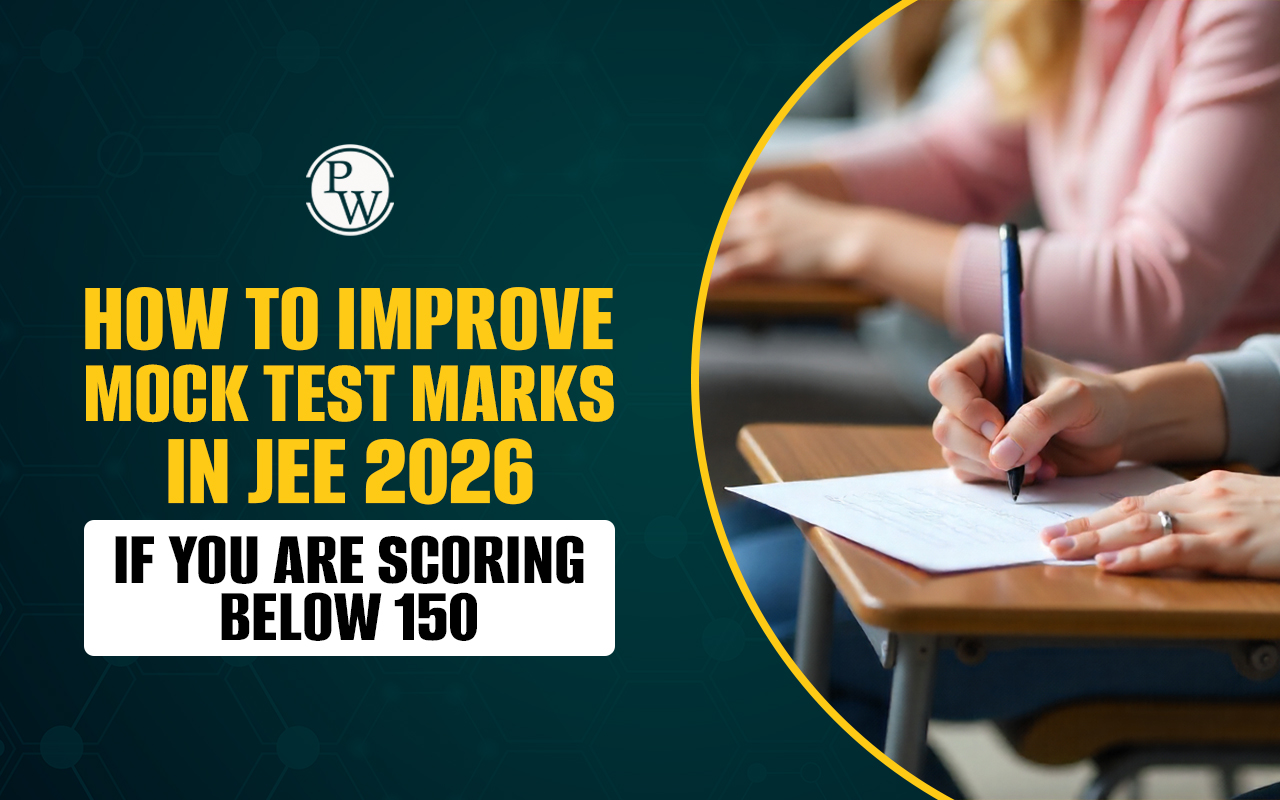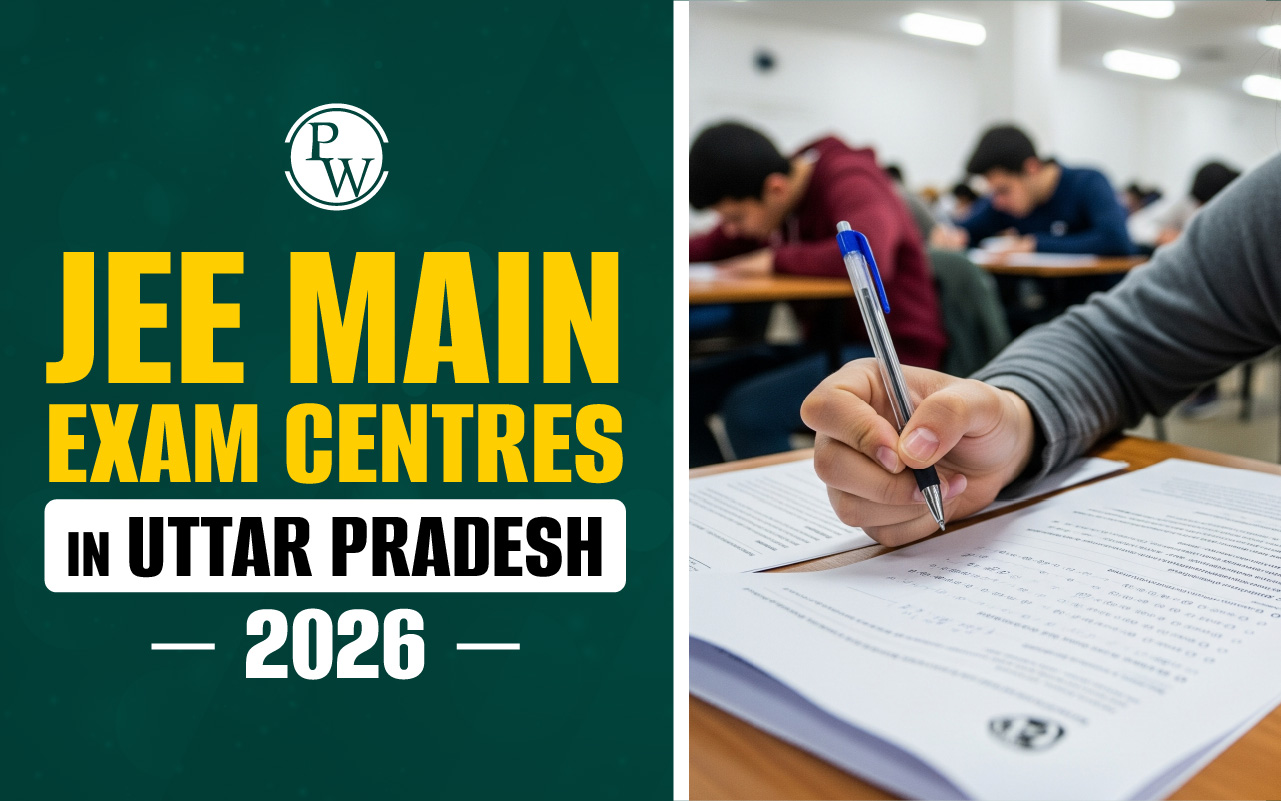
Top 7 JEE Advanced 2025 Preparation Tips After JEE Main Results : After the JEE Main 2025 Results for Session 1 are out, it’s time for those who are aiming for JEE Advanced 2025 to shift gears and focus on enhancing their preparation. JEE Advanced is a step ahead of JEE Main in terms of difficulty, so it is important to revise concepts, solve more complex problems, and build confidence. Whether you did well or not in JEE Main, the key is to use the results as a foundation for your preparation for the next level. To learn more about the top 7 JEE Advanced 2025 preparation tips after JEE Main Results, continue reading.
JEE Advanced 2025 Preparation Tips After JEE Main Results
JEE Advanced 2025 requires not only mastering the basics but also learning to apply those concepts to tougher questions. It’s important to analyze your performance in JEE Main and strategize your next steps. With the right approach and a few effective tips, you can improve your chances of performing well in JEE Advanced. Those who are wondering how to prepare for the upcoming Joint Entrance Examination (Advanced) phase, here are the top 7 JEE Advanced 2025 preparation tips that can help you achieve success after the JEE Main results.
JEE Advanced 2025 Preparation Tip 1: Identify the Weaker Topics from JEE Main 2025
After taking JEE Main 2025, it's important to reflect on your performance and identify areas where improvement is needed. Analyze your mistakes and the topics that were challenging for you. By doing this, you can focus on strengthening your weak points before moving on to JEE Advanced preparation.
-
In the Physics section, topics like Electrostatics, Current Electricity, and Heat and Thermodynamics had high weightage in the JEE Main 2025 Session 1. If you found any of these topics difficult or did not perform well, revisiting these chapters with deeper understanding and practice will be important.
-
Similarly, in Chemistry, Coordination Compounds, Basics of Organic Chemistry, and Chemical Bonding & Molecular Structure were important chapters with higher weightage. These topics often require good concept clarity, so revisiting them will help in strengthening your preparation.
-
In Mathematics, Matrices and Determinants, 3D Geometry, and Differential Equations were among the important chapters. If any of these topics were tricky during JEE Main, it’s important to practice problem-solving and improve understanding before attempting JEE Advanced.
By identifying the topics where you faced difficulties or struggled to score well, you can allocate more time to review and practice these areas. Focusing on weak points will help you gain confidence and ensure better performance in JEE Advanced 2025.
JEE Advanced 2025 Preparation Tip 2: Practice Quality of Frequently Asked Questions on Advanced Level
One of the best ways to prepare for JEE Advanced 2025 is by solving frequently asked questions from previous years, especially focusing on conceptual questions. These types of problems not only give you a sense of the exam pattern but also help in enhancing your problem-solving skills.
-
The questions in JEE Advanced are often designed to test your deep understanding of concepts, and by practicing regularly, you will become more comfortable with the advanced-level difficulty. Focus on both application-based and theory-based questions.
-
These problems require you to apply your knowledge to real-world scenarios, helping you develop a more strategic approach to tackling the exam. You can also practice with a timer to simulate exam conditions, which will help improve your speed and accuracy.
It’s vital to focus on quality over quantity. Don’t just solve random questions; pick questions that are relevant to your preparation and likely to be similar to what you may encounter in JEE Advanced. Reviewing solutions after solving each question is key to understanding your mistakes and improving. Break down each solution step-by-step and make sure you understand the logic behind each approach.
JEE Advanced 2025 Preparation Tip 3: Daily Attempt Mock Tests and Questions from Past JEE Advanced Exams
JEE Mock Tests help you familiarize yourself with the exam pattern, time management, and the types of questions you can expect. By implementing this habit into your daily routine, you can enhance your exam readiness significantly.
-
Start by attempting full-length mock tests that cover all three subjects: Physics, Chemistry, and Mathematics. These tests simulate real exam conditions, helping you improve your speed and accuracy. Time management becomes vital in JEE Advanced, as the exam consists of tricky and time-consuming questions. Practicing under timed conditions will help you gauge how well you can solve problems within the given time frame.
-
In addition to mock tests, solving JEE Advanced Previous Year Questions is greatly beneficial. These questions often come with different levels of difficulty, helping you get accustomed to the types of problems that have been asked in the past.
After attempting mock tests and past questions, take time to check your mistakes. Understanding why you got some questions wrong and how you could have approached them differently is a great way to learn from your mistakes.
JEE Advanced 2025 Preparation Tip 4: Revise Important Formulas Regularly
Creating a quick revision list of key formulas and concepts helps in faster recall during problem-solving. JEE Advanced questions often require direct application of formulas or their modifications, so keeping them fresh in memory reduces errors.
Regularly revisiting these formulas also helps in avoiding silly mistakes and boosts confidence while solving complex problems. Organizing them in short notes format or flashcards can make last-minute revision more effective.
JEE Advanced 2025 Preparation Tip 5: Curate a Smart Study Plan
A well-structured study plan is essential for focused and efficient preparation after the JEE Main results. Begin by analyzing strengths and weaknesses to allocate study time accordingly. Prioritize subjects and topics that need more attention while maintaining a balance across all three subjects—Physics, Chemistry, and Mathematics.
-
Set clear daily and weekly goals to cover concepts, solve advanced-level problems, and attempt mock tests. Divide the study schedule into concept learning, problem-solving, and revision sessions to ensure well-rounded preparation. Mock tests and previous years' questions must be attempted under timed conditions to get a feel for an exam-like environment.
Make a revision timetable to frequently go through key formulas, concepts, and tricky problems. A disciplined yet adaptable plan makes sure of steady progress, reducing last-minute pressure while improving confidence and efficiency for the forthcoming JEE Advanced 2025.
JEE Advanced 2025 Preparation Tip 6: Invest in Good Quality Study Resources
Choosing the right study materials plays a crucial role in JEE Advanced preparation. NCERT textbooks should be the foundation for building strong conceptual clarity, especially in Chemistry. After mastering NCERT, referring to advanced-level books helps in tackling complex problems and improving problem-solving speed.
JEE Books by PW provide structured explanations, solved examples, and advanced-level practice questions, which are essential for mastering tricky concepts. Additionally, study materials should include previous years’ JEE Advanced papers, mock tests, and in-depth theory sections to enhance understanding. Investing in high-quality resources makes sure that aspirants practice relevant questions and stay aligned with the JEE Advanced Exam Pattern.
JEE Advanced 2025 Preparation Tip 7: Stay Consistent Even When It Feels a Challenge
Consistency is the key to success in JEE Advanced 2025 preparation for IIT. There will be times when concepts feel overwhelming or progress seems slow, but maintaining a steady study routine helps in overcoming these challenges. Instead of cramming, focus on regular practice, daily revision, and timed problem-solving to build confidence.
Break down difficult topics into smaller, manageable sections, and take short breaks to avoid burnout. Whenever a topic feels tough, revisit the basics, refer to reliable study materials, and seek guidance from mentors or peers. Staying disciplined and motivated even during tough times will ensure continuous improvement and a strong performance in the final exam.
JEE Advanced 2025 Preparation Tips FAQs
Q.1 : How do I prepare for JEE Advanced 2025?
Q.2 : Who will be setting the JEE Advanced 2025 paper?
Q.3 : Will JEE Advanced 2025 be easy?
Q.4 : Which year was JEE Advanced the toughest?
Q.5 : What are the exam dates for JEE Advanced 2025?










